About Lab Equipment Appraisals for Personal Use
Frequently Asked
Questions
No Frequently Asked Questions Found.
What is Personal Use?
Personal use refers to assets and property intended for individual enjoyment rather than business or profit-generating purposes. These assets span a diverse range of items, including real estate, collectibles, personal property, and vehicles. The core characteristic of personal use is the owner's intent to utilize the asset for personal satisfaction, leisure, or non-commercial activities.
Key examples of personal use assets include primary residences, vacation homes, art collections, antiques, classic cars, boats, and other items acquired primarily for personal pleasure. Unlike business assets, these possessions are not primarily designed to generate income or serve commercial objectives.
The classification of personal use carries significant implications for financial and legal considerations. Tax regulations, insurance requirements, and estate planning all rely on understanding the nuanced distinctions between personal and commercial asset usage. For instance, expenses related to personal-use assets typically differ from business-related expenditures in terms of tax deductibility and reporting requirements.
Personal use assets often transcend mere monetary value, embodying emotional significance and personal history. Family heirlooms, inherited collectibles, and cherished personal properties frequently represent more than their financial worth, carrying sentimental attachments and personal memories that cannot be easily quantified.
Understanding the specific nature of personal use assets helps individuals make informed decisions about valuation, protection, and potential future disposition. Whether considering insurance coverage, estate planning, or financial strategy, recognizing the unique characteristics of personal use assets provides a comprehensive approach to asset management and preservation.
Why do I need an appraisal for Personal Use?
Personal property appraisals offer critical insights into the value of your most treasured possessions, providing far-reaching benefits beyond simple monetary assessment. These professional evaluations serve multiple strategic purposes that can protect and inform your financial decision-making.
Insurance protection stands as a primary motivation for obtaining an appraisal. By documenting the precise value of your valuables, you ensure comprehensive coverage that accurately reflects replacement costs. This prevents potential financial shortfalls during unexpected loss or damage scenarios.
Estate planning represents another key area where personal property appraisals prove invaluable. Professional valuations facilitate equitable asset distribution among beneficiaries and provide clear documentation for potential tax considerations. This approach minimizes potential family disputes and creates transparency in inheritance processes.
When considering selling or liquidating assets, an accurate appraisal becomes an essential tool. Professional valuation provides a credible foundation for pricing strategies, enhancing your negotiating position and providing potential buyers with confidence in the asset's worth. This is particularly crucial for unique or specialized items with complex market dynamics.
Certain tax scenarios also necessitate professional appraisals, especially for charitable donations or complex asset transfers. These documented valuations ensure regulatory compliance and can potentially optimize tax strategies by providing officially recognized asset assessments.
Beyond financial considerations, personal property appraisals offer intrinsic value through enhanced understanding of your assets. They provide deeper appreciation for the historical, cultural, or personal significance of your possessions while delivering objective, professional insights into their current market standing.
Ultimately, a professional appraisal transcends simple monetary evaluation, offering a comprehensive approach to understanding and protecting your personal property's value across multiple life contexts.
What is a Lab Equipment appraisal?
A lab equipment appraisal is a comprehensive professional assessment that determines the precise market value of scientific and research instrumentation. This specialized evaluation goes beyond simple price estimation, providing a nuanced understanding of an asset's worth through meticulous examination and expert analysis.
The process involves a systematic approach that considers multiple critical factors. Appraisers carefully evaluate each piece of equipment, examining its technological specifications, current market conditions, physical condition, and potential functional utility. They analyze the equipment's age, technological relevance, operational status, and overall performance capabilities to generate an accurate valuation.
Key considerations during the appraisal include detailed documentation of the equipment's make, model, serial number, and maintenance history. Appraisers conduct thorough market research to understand current demand, technological trends, and comparable sales in the scientific equipment marketplace. They assess the equipment's condition through rigorous inspection, determining its operational integrity and potential remaining useful life.
Multiple valuation methodologies may be employed, including cost approach, sales comparison, and income-based strategies. These techniques allow for a comprehensive assessment that considers replacement costs, current market values, and potential revenue generation capabilities.
Professional lab equipment appraisals serve critical functions across various sectors, including research institutions, pharmaceutical companies, educational facilities, and biotechnology organizations. They provide essential insights for financial reporting, strategic planning, insurance documentation, and potential transaction considerations.
The true value of a professional appraisal lies not just in generating a number, but in offering a comprehensive understanding of scientific assets that supports informed decision-making and strategic asset management.
Can I get a Lab Equipment appraisal done online?
Online lab equipment appraisals have emerged as a highly efficient and convenient method for assessing the value of specialized scientific instruments. Leveraging digital technologies, these remote appraisal processes enable comprehensive evaluations without requiring physical site visits.
Appraisers can now collect detailed information through multiple digital channels, including high-resolution photographs, comprehensive documentation, and interactive video consultations. This approach is particularly advantageous for stationary or complex equipment that may be challenging to relocate or physically inspect.
Advanced digital methods allow professionals to thoroughly examine equipment specifications, condition, age, and market value with remarkable precision. Live video conferencing platforms enable real-time interactions, where appraisers can conduct detailed visual assessments and ask targeted questions about the equipment's history and functionality.
The digital appraisal process offers significant benefits for laboratories, research institutions, and businesses with equipment distributed across multiple locations. By minimizing logistical constraints, these online approaches provide flexibility, reduce assessment time, and maintain the highest standards of professional evaluation.
Qualified appraisers utilize sophisticated techniques to ensure accurate valuations that reflect current market conditions, technological relevance, and specific equipment characteristics. Their expertise guarantees a comprehensive and reliable assessment that meets professional industry standards.
What are the different types of Lab Equipment appraisals?
Lab equipment appraisers represent a specialized subset of valuation professionals who possess deep technical knowledge and expertise in assessing scientific instrumentation across multiple disciplines. These professionals are distinguished by their focused areas of specialization, each offering unique insights into the complex world of laboratory equipment valuation.
General lab equipment appraisers maintain broad competencies, capable of evaluating diverse instruments ranging from basic microscopes to sophisticated analytical equipment. Their comprehensive understanding allows them to provide holistic assessments that consider technological complexity, market demand, and current operational condition.
Specialized appraisers delve into specific scientific domains, developing nuanced expertise in particular equipment categories. Medical diagnostics, biotechnology, pharmaceutical research, and industrial quality control represent key areas where these professionals demonstrate exceptional technical acumen. Their targeted knowledge enables precise valuations that account for intricate technological specifications and industry-specific performance standards.
Industrial and regulatory-focused appraisers bring additional layers of complexity to equipment assessment. They integrate deep understanding of compliance requirements, safety standards, and operational protocols into their valuation methodologies. For organizations operating in highly regulated environments, these professionals provide critical insights that extend beyond monetary value.
Forensic equipment appraisers occupy a unique niche, understanding the specialized requirements of investigative laboratories. Their assessments consider not just monetary value, but also critical factors like evidentiary integrity, precision instrumentation, and specialized technological capabilities.
Each appraiser type contributes distinctive perspectives, ensuring comprehensive and accurate equipment valuations that support strategic decision-making across scientific and industrial sectors.
Why should I get a Lab Equipment appraisal?
In the dynamic landscape of scientific research and technological innovation, lab equipment represents a critical and often substantial investment. A comprehensive appraisal provides essential insights that extend far beyond simple monetary valuation, offering strategic advantages across multiple dimensions of business and research operations.
Financial clarity stands as a primary benefit of professional equipment assessment. Precise valuations enable accurate financial reporting, support tax compliance, and provide critical documentation for insurance purposes. Organizations can optimize their asset management strategies by understanding the true market value and depreciation trajectory of their scientific instrumentation.
Equipment appraisals become particularly crucial during significant business transitions such as mergers, acquisitions, or strategic equipment sales. They offer an objective, professionally validated perspective on asset worth, facilitating transparent negotiations and informed decision-making. For research institutions and corporate laboratories, this means maintaining financial integrity while supporting strategic planning.
Insurance and risk management represent another vital consideration. Accurate equipment valuations ensure appropriate coverage levels, protecting organizations from potential underinsurance or unnecessary premium expenditures. In scenarios of loss or damage, a credible appraisal expedites claims processes and supports fair compensation.
Legal scenarios also benefit significantly from professional equipment assessments. Whether addressing estate planning, partnership dissolutions, or asset divisions, a meticulously documented appraisal provides an impartial benchmark for determining equipment value.
Beyond immediate financial implications, equipment appraisals offer strategic insights into technological infrastructure. They help organizations understand depreciation patterns, plan capital expenditures, and make informed decisions about equipment upgrades or replacements.
Ultimately, a comprehensive lab equipment appraisal transcends simple monetary evaluation. It represents a strategic tool that empowers organizations to make data-driven decisions, maintain financial transparency, and optimize their technological investments.
How much does a Lab Equipment appraisal cost?
What Makes Lab Equipment Appraisals Unique?
Unique Characteristics of Lab Equipment Appraisals
Lab equipment appraisals represent a specialized domain of asset valuation that demands sophisticated expertise and nuanced understanding. Unlike standard asset assessments, these evaluations encompass multiple complex factors that significantly impact valuation accuracy.
Specialized Equipment Complexity
- Encompasses sophisticated scientific instruments like spectrometers, chromatographs, and high-precision microscopes
- Requires deep technological knowledge beyond standard valuation principles
- Demands comprehensive understanding of specific scientific instrument markets
Technology and Depreciation Dynamics
Laboratory equipment experiences unique depreciation patterns characterized by:
- Rapid technological obsolescence
- Evolving regulatory standards
- Complex maintenance requirements
- Shifting market demand for specific instrument generations
Critical Evaluation Considerations
Comprehensive lab equipment appraisals must meticulously assess:
- Physical equipment condition
- Operational functionality
- Maintenance and repair history
- Current replacement costs
- Market availability of similar instruments
Purpose-Specific Valuation Approaches
The intended appraisal purpose significantly influences the valuation methodology, which might include assessments for:
- Insurance coverage
- Estate planning
- Financing considerations
- Potential resale or liquidation
Successfully navigating these intricate evaluation parameters requires exceptional technical knowledge, market insight, and a methodical approach to determining precise equipment value.
The Critical Importance of Personal Use Appraisals
In today's fast-paced world, understanding the value of lab equipment for personal use is crucial for a variety of reasons. Whether you're an individual investing in specialized equipment for home projects, a professional transitioning to freelance work, or someone looking to sell or insure equipment, conducting a personal use appraisal provides clarity and confidence in your decisions.
What is a Personal Use Equipment Appraisal?
A personal use appraisal serves as a formal assessment of your lab equipment's value. This comprehensive evaluation goes beyond a simple price check, offering in-depth insights into your equipment's current market worth and potential.
Key Benefits of Personal Use Lab Equipment Appraisals
- Insurance Coverage: Accurately appraising your equipment ensures you have adequate protection against theft, damage, or loss. This is especially critical for high-value instruments that may fall short of standard home insurance coverage.
- Resale Optimization: A professional appraisal provides a clear understanding of fair market value, empowering you to:
- Set competitive pricing
- Negotiate effectively
- Maximize potential returns
- Strategic Investment Decisions: An appraisal helps you:
- Assess equipment cost-effectiveness
- Compare alternative options
- Make informed purchasing choices
- Financial and Tax Planning: Professional appraisals offer critical documentation for:
- Accurate asset valuation
- Depreciation calculations
- Potential tax deductions
- Personal Accountability and Confidence: An official appraisal provides:
- Verified equipment value
- Enhanced financial planning
- Peace of mind in asset management
When to Consider a Personal Use Equipment Appraisal
Consider obtaining an appraisal when:
- Purchasing significant lab equipment
- Preparing for insurance coverage
- Planning to sell or upgrade equipment
- Conducting comprehensive financial planning
- Transitioning between professional settings
Investing time and resources in a personal use appraisal is a strategic step toward informed decision-making and effective management of your lab equipment assets.
Navigating the Landscape of Lab Equipment Valuation
Lab equipment appraisal is a sophisticated process that establishes the fair market value of specialized instruments while serving critical personal use scenarios. Understanding this landscape empowers individuals to make strategic decisions about their scientific assets.
Key Factors Influencing Lab Equipment Valuation
Equipment Condition
- Well-maintained instruments retain higher market value
- Regular servicing and calibration enhance equipment longevity
- Signs of wear or malfunction can significantly decrease appraisal value
Technological Relevance
- Newer models feature advanced technological capabilities
- Advanced features increase efficiency and precision
- Older models may retain value in specific niche applications
Market Dynamics
- Buyer interest fluctuates based on research trends
- Technological advancements impact equipment desirability
- Institutional budget constraints influence market demand
Financial Considerations
- Original purchase price provides baseline valuation
- Depreciation impacts overall equipment value
- Some specialized equipment can appreciate over time
Documentation Importance
- Comprehensive maintenance records enhance credibility
- Active warranties increase potential buyer confidence
- Detailed certification supports accurate valuation
Successfully navigating lab equipment appraisal requires a nuanced understanding of multiple interconnected factors, ensuring precise and fair valuation tailored to personal use purposes.
Key Determinants of Lab Equipment Worth
Key Factors Determining Lab Equipment Value
Understanding the critical elements that influence lab equipment valuation is essential for accurate asset assessment. Multiple factors contribute to determining the true worth of laboratory equipment.
1. Equipment Age and Condition
- Newer models with advanced technology typically command higher values
- Equipment condition impacts market perception and pricing
- Key assessment factors include:
- Functional performance
- Physical appearance
- Wear and tear
- Potential repair requirements
2. Brand and Model Significance
- Manufacturer reputation critically influences equipment value
- Renowned brands often receive premium pricing due to:
- Reliability
- Comprehensive service support
- Consistent performance history
- Unique model features can substantially increase resale potential
3. Market Demand Dynamics
- Supply and demand fundamentally shape equipment valuation
- Specialized equipment in high-demand fields may appreciate over time
- Factors affecting market demand include:
- Technological advancements
- Research field trends
- Industry-specific requirements
4. Calibration and Certification
- Properly maintained and certified equipment increases value
- Buyers prioritize equipment with:
- Current calibration records
- Industry-standard certifications
- Documented performance metrics
5. Replacement Cost Considerations
- Current market prices for new equivalent equipment serve as valuation benchmarks
- Helps establish fair market value for used equipment
- Provides context for pricing negotiations
Comprehensive evaluation of these determinants enables more precise and confident lab equipment valuation, supporting strategic financial decision-making.
Inside the Lab Equipment Appraisal Process
Lab equipment appraisal is a meticulous process designed to help individuals and institutions accurately determine the value of scientific tools and instruments. Understanding the worth of lab equipment can be crucial for various personal and professional purposes, including:
- Insurance coverage planning
- Liquidation decision-making
- Estate planning
- Personal budgeting
Key Steps in the Lab Equipment Appraisal Process
1. Comprehensive Equipment Identification
The appraisal journey begins with a detailed documentation process. Appraisers carefully catalog each piece of equipment, recording:
- Complete inventory of all items
- Specific brand names
- Exact model numbers
- Current condition status
- Unique serial numbers
2. Extensive Market Research
Professionals conduct in-depth research to understand the current market landscape, which involves:
- Analyzing recent sales data
- Tracking current market trends
- Reviewing auction results
- Assessing current demand for specific equipment types
3. Detailed Condition Assessment
The equipment's physical condition is a critical factor in determining its value. Appraisers perform a comprehensive evaluation that includes:
- Thorough functionality testing
- Examining wear and tear
- Identifying any previous modifications
- Assessing overall maintenance history
Well-maintained equipment typically retains higher market value compared to items showing significant signs of use or damage.
4. Professional Appraisal Report Generation
The final step involves creating a comprehensive documentation package that includes:
- Detailed equipment specifications
- Comprehensive market comparison analysis
- Clear and precise valuation statement
- Professional documentation for potential future use
This meticulously crafted report serves multiple purposes, providing credible documentation for insurance, resale, or personal record-keeping.
By understanding the nuanced process of lab equipment appraisal, individuals can make informed decisions about their scientific assets, ensuring optimal management and strategic utilization of valuable research tools.
Selecting a Qualified Lab Equipment Appraiser
Selecting a Qualified Lab Equipment Appraiser
Choosing the right lab equipment appraiser is a critical step in ensuring an accurate and reliable valuation. An effective appraisal impacts multiple aspects of asset management, from insurance coverage to resale potential.
Key Considerations for Selecting an Appraiser
- Industry Expertise
Seek appraisers with specialized knowledge in your specific lab equipment domain. Whether you're dealing with clinical instruments, analytical devices, or specialized scientific tools, domain-specific experience ensures a nuanced understanding of equipment valuation.
- Professional Credentials
Verify the appraiser's professional certifications from recognized organizations. Credentials from bodies like the American Society of Appraisers (ASA) or the International Society of Appraisers (ISA) demonstrate a commitment to professional standards and continuous learning.
- Comprehensive Service Offerings
Evaluate the appraiser's range of services against your specific needs. Consider whether you require a detailed written report, verbal assessment, or specialized valuation for specific purposes like insurance, financing, or compliance.
- Reputation and Track Record
Conduct thorough research by reviewing client testimonials, seeking references, and assessing the appraiser's professional history. A strong reputation typically indicates consistent, fair, and professional valuation practices.
- Communication and Transparency
Choose an appraiser who provides clear communication about their methodology, timeline, and fee structure. Transparent processes help build trust and ensure you understand every aspect of the appraisal.
- Regulatory Compliance
In laboratory settings, regulatory knowledge is paramount. An appraiser well-versed in industry guidelines and governmental standards will provide a more accurate and compliant equipment evaluation.
By carefully selecting a qualified lab equipment appraiser, you'll gain a comprehensive and accurate assessment that supports strategic decision-making in your scientific or research environment.
Avoiding Costly Appraisal Pitfalls
Key Strategies for Accurate Lab Equipment Valuation
Navigating the intricacies of lab equipment appraisal demands a strategic approach to ensure precise and reliable valuations. By understanding critical considerations, you can protect your investment and avoid potentially costly mistakes.
1. Select a Specialized Appraiser
- Prioritize appraisers with specific expertise in scientific instrumentation
- Verify credentials and professional background in lab equipment assessment
- Look for professionals who understand the nuanced technological landscape of scientific equipment
2. Assess Equipment Comprehensively
- Consider critical factors impacting equipment value:
- Current technological state
- Maintenance history
- Operational condition
- Potential depreciation rates
- Provide detailed documentation of equipment usage and maintenance
- Understand how technological advancements impact instrument valuation
3. Implement a Multi-Appraisal Approach
- Obtain multiple professional assessments to validate market value
- Compare appraisal reports to identify consistent valuation ranges
- Use varied perspectives to develop a comprehensive understanding of equipment worth
4. Maintain Comprehensive Documentation
- Preserve all relevant documentation:
- Original purchase invoices
- Maintenance logs
- Previous appraisal reports
- Calibration certificates
- Organize records systematically for easy reference
- Use documentation to substantiate equipment valuation
Successful lab equipment appraisal requires a methodical, informed approach. By implementing these strategic considerations, you can navigate the valuation process with confidence and precision.
Legal and Financial Insights for Equipment Owners
Legal Considerations in Lab Equipment Ownership
Navigating the complex landscape of lab equipment ownership requires a comprehensive understanding of legal frameworks that govern scientific and research assets. Equipment owners must be acutely aware of several critical legal dimensions:
- Liability Management: Precise equipment appraisals help identify potential legal risks associated with ownership, particularly regarding safety standards and regulatory compliance.
- Insurance Verification: Accurate valuations are crucial for securing appropriate insurance coverage, ensuring comprehensive protection against potential equipment damage or loss.
- Regulatory Compliance: Professional appraisals assist laboratories in meeting stringent industry and governmental regulations, minimizing the risk of potential penalties or legal complications.
Financial Strategic Insights
The financial implications of lab equipment ownership extend far beyond simple asset tracking. Comprehensive appraisals provide strategic financial intelligence that can significantly impact organizational decision-making:
- Investment Intelligence: Detailed valuations offer critical insights into current market values, supporting informed decisions about equipment upgrades, resale, or asset portfolio management.
- Market Trend Analysis: Equipment appraisals reveal nuanced market dynamics, enabling owners to anticipate technological shifts and make proactive financial strategies.
- Tax Optimization: Precise valuations are essential for accurate tax reporting, potentially influencing depreciation calculations and capital gains assessments.
Strategic Ownership Recommendations
Successful lab equipment management requires a holistic approach that balances legal compliance, financial strategy, and operational efficiency. Key recommendations include:
- Conduct regular professional appraisals to maintain accurate asset valuation
- Stay informed about industry-specific regulatory changes
- Develop a comprehensive asset management strategy
- Maintain detailed documentation of equipment history and maintenance
Key Takeaway
Professional equipment appraisals represent more than a procedural requirement—they are strategic tools that empower owners to make informed decisions, manage risks effectively, and optimize the financial potential of their scientific assets.
Strategic Preparation for Your Equipment Appraisal
Comprehensive Guide to Lab Equipment Appraisal Preparation
Preparing strategically for your lab equipment appraisal can significantly enhance the accuracy and value of your assessment. Follow these essential steps to optimize your appraisal experience:
1. Clarify Your Appraisal Objectives
- Identify the specific purpose of your appraisal
- Determine whether you need the valuation for:
- Insurance coverage
- Potential resale
- Tax documentation
- Financial reporting
- Clearly communicate your goals to ensure a targeted appraisal
2. Create a Comprehensive Equipment Inventory
- Develop a detailed list of all equipment to be appraised
- Include critical information for each item:
- Precise serial numbers
- Exact model specifications
- Age of equipment
- Significant modifications or upgrades
- Organize documentation systematically to facilitate the appraisal process
3. Compile Essential Documentation
- Gather comprehensive supporting documents:
- Original purchase receipts
- Complete maintenance records
- Previous appraisal reports
- Calibration certificates
- Provide a complete historical context for each piece of equipment
4. Conduct a Thorough Condition Assessment
- Carefully evaluate each item's:
- Physical condition
- Operational functionality
- Performance capabilities
- Document any:
- Existing damage
- Required repairs
- Performance limitations
- Maintain complete transparency about equipment status
5. Research Current Market Dynamics
- Stay informed about current laboratory equipment market trends
- Understand:
- Current demand for specific equipment types
- Typical pricing ranges
- Technological obsolescence factors
- Set realistic expectations for equipment valuation
6. Select a Qualified Appraiser
- Choose an appraiser with specialized expertise in laboratory equipment
- Verify their:
- Professional credentials
- Industry-specific experience
- Understanding of specialized equipment
- Ensure comprehensive and accurate valuation
By implementing these strategic preparation steps, you'll create a comprehensive foundation for an accurate and valuable equipment appraisal. Thorough preparation demonstrates professionalism and helps maximize the potential value of your laboratory assets.
Why Documentation Matters in Equipment Valuation
The Critical Role of Documentation in Lab Equipment Valuation
Documentation serves as the fundamental framework for accurate and reliable equipment valuation, particularly in specialized fields like laboratory settings. Understanding its significance can dramatically impact the precision and credibility of asset assessments.
Key Components of Effective Documentation
- Equipment Provenance: Comprehensive records that establish the complete history of the equipment
- Technical Specifications: Detailed information about model, make, and serial numbers
- Maintenance History: Complete service and repair records
- Performance Tracking: Logs demonstrating equipment functionality and reliability
Why Documentation Matters
- Establishing Equipment Credibility
Thorough documentation provides appraisers with critical insights into an asset's true value, condition, and operational history. It transforms a simple piece of equipment into a comprehensively understood asset.
- Enhancing Valuation Accuracy
Detailed records enable appraisers to make more precise assessments by offering tangible evidence of the equipment's worth, maintenance, and potential future performance.
- Supporting Financial Decisions
Well-documented equipment supports critical financial processes, including insurance claims, lending considerations, and potential resale opportunities.
Critical Documentation Considerations
- Maintain original purchase invoices
- Keep comprehensive maintenance logs
- Preserve warranty and service agreement documentation
- Track equipment modifications and upgrades
- Document performance metrics and calibration records
Ultimately, documentation transcends mere record-keeping. It is a strategic approach to understanding, protecting, and maximizing the value of laboratory equipment. By maintaining meticulous and comprehensive records, stakeholders can ensure transparent, accurate, and defensible valuations.
Maximizing the Value of Your Lab Equipment Assessment
Maximizing the Value of Your Lab Equipment Assessment
Understanding the value of lab equipment is crucial for various personal use purposes, including selling, donating, or securing insurance. A comprehensive assessment helps you determine fair market value and make informed decisions.
Key Factors in Lab Equipment Valuation
Selecting the Right Appraisal Approach
- Professional Appraiser Selection
Choose an appraiser with specialized expertise in:
- Specific equipment categories (e.g., analytical balances, centrifuges)
- Current market value assessment
- Technological advancement understanding
- Appraisal Methodology
Different appraisal types serve unique purposes:
- Replacement Cost Appraisal: Estimates cost of replacing equipment with similar functionality
- Fair Market Value Appraisal: Reflects current market willingness to purchase
Comprehensive Documentation Strategies
- Essential Documentation Includes
- Original purchase receipts
- Detailed maintenance logs
- Calibration certificates
- Service history records
- Benefits of Thorough Record-Keeping
- Substantiates equipment value
- Simplifies future selling or disposal processes
- Provides transparency for potential buyers
By implementing these strategic approaches, you can effectively maximize the value of your lab equipment assessment, ensuring more informed and advantageous personal use decisions.














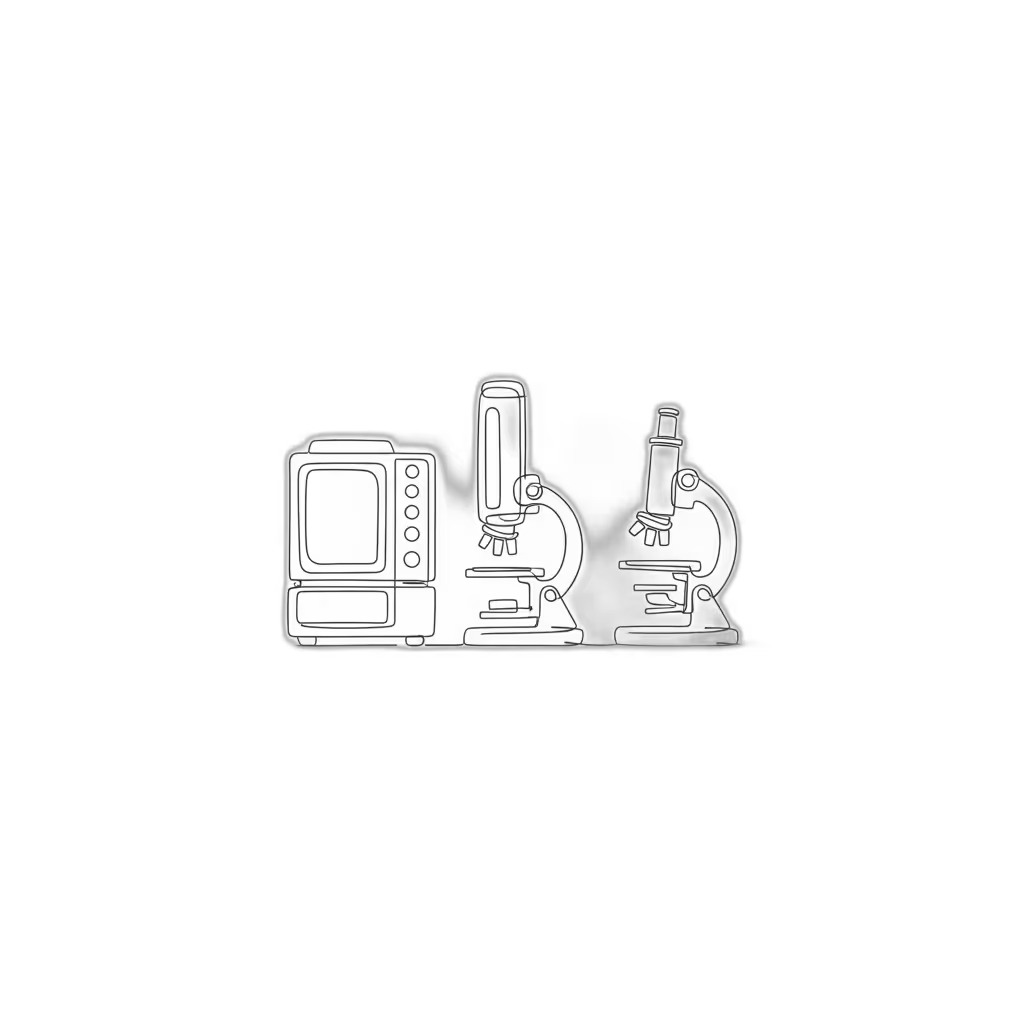

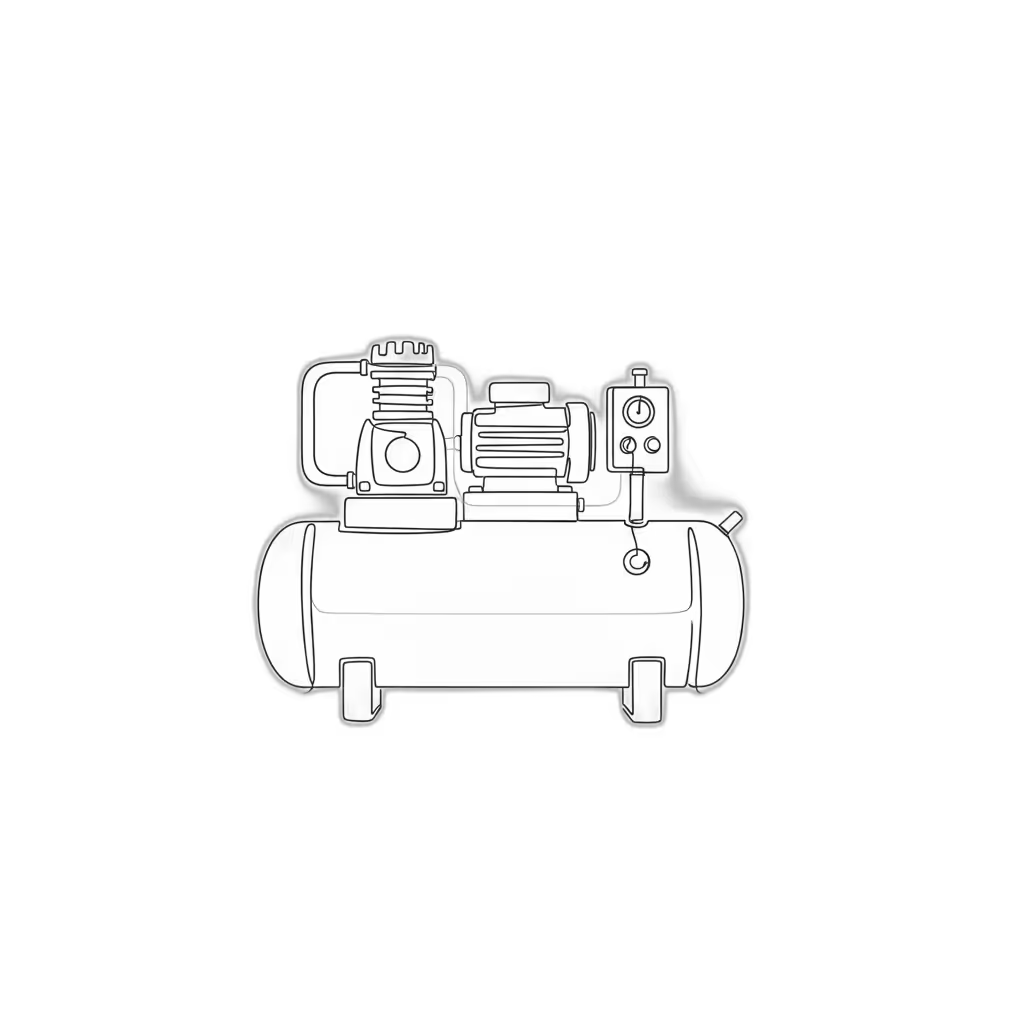
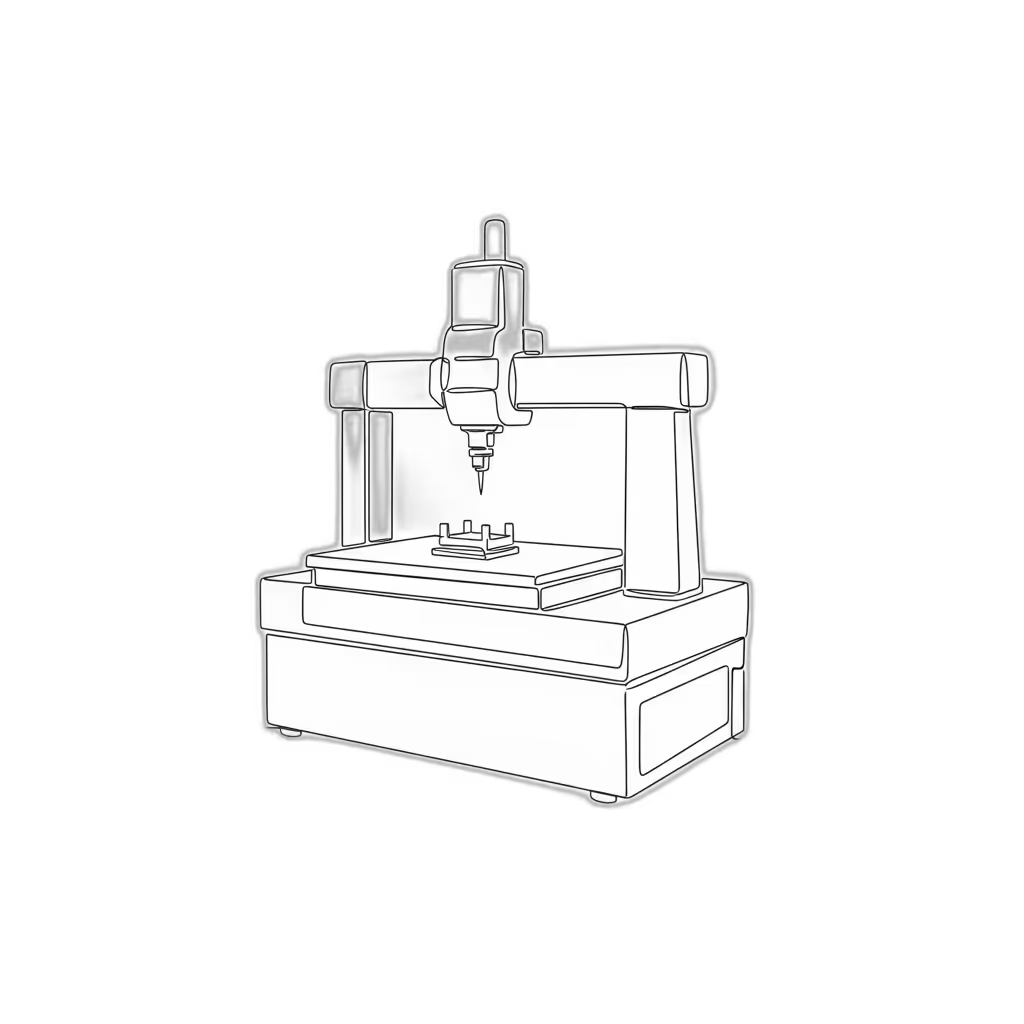
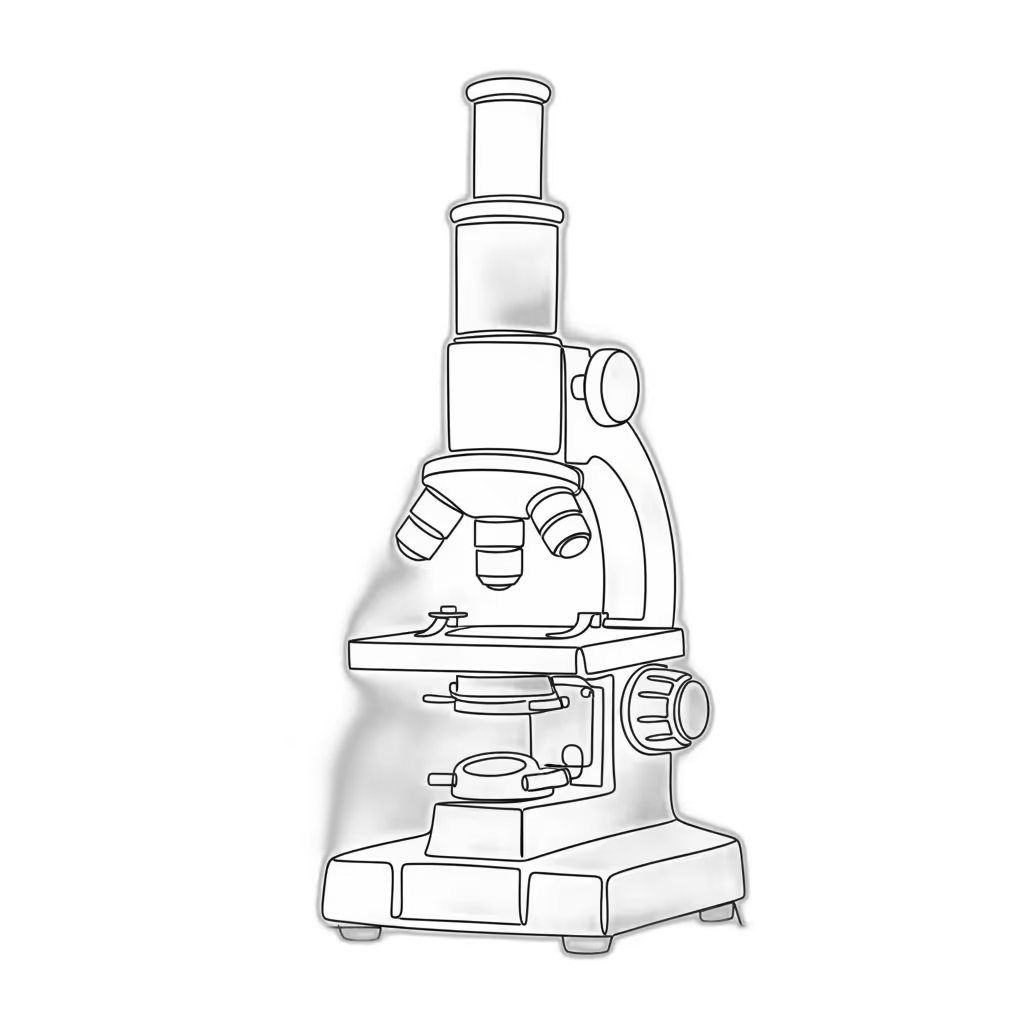
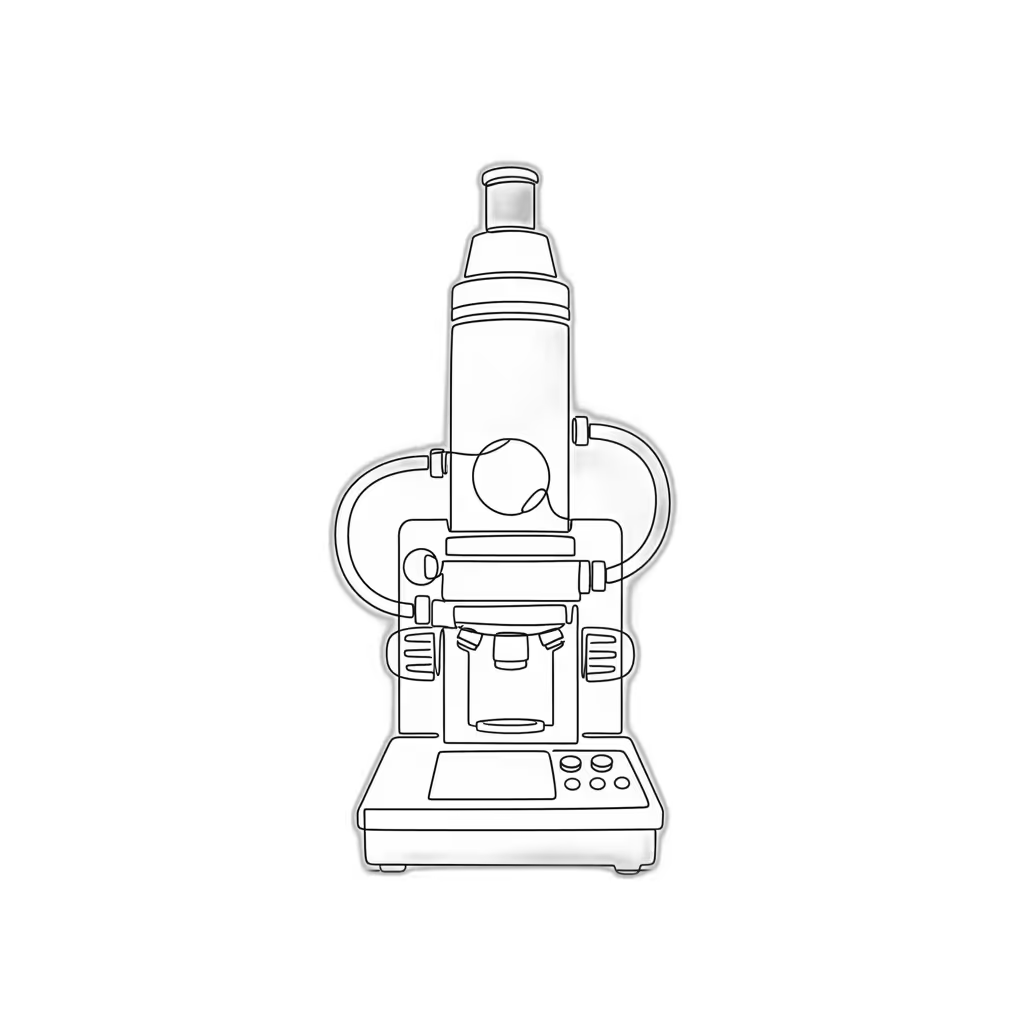
.svg)














